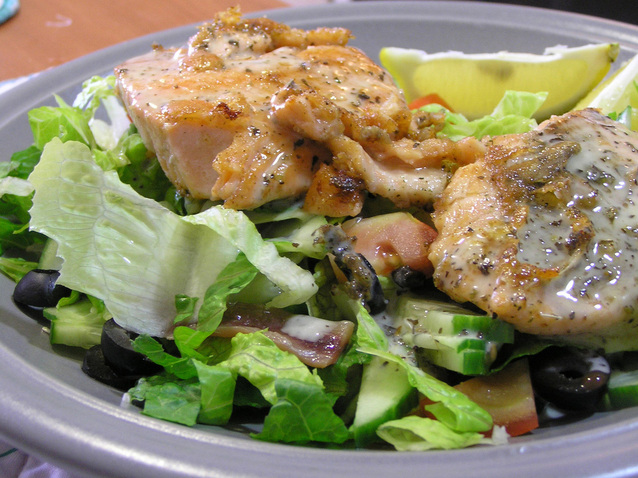
If you read The Mediterranean Diet: What Is It? Pt 1 and enjoyed it, keep reading part 2 to explore more of the remarkable diet plan.
A conventional Mediterranean diet has been revealed to have significant health advantages. But how can you follow it if you live nowhere near a Greek island?
We’re always being told a conventional Mediterranean-style diet is an incredibly healthy way to eat.
Recent studies have actually revealed this consuming pattern can minimize your risk of dementia and reverse signs of anxiety and stress.
Along with its tested advantages in preventing cardiac arrest and promoting a longer life generally, it has particularly been shown to assist to ward off diabetes as well as bowel and prostate cancers.
But embracing a really Mediterranean approach to eating, specifically one which stems from the island of Crete in Greece is not as easy as lots of cookbooks would have us believe.
While a lot of dishes are promoted as Mediterranean, they aren’t necessarily the ones research study has shown to be so good for us, says Catherine Itsiopoulos, a conference speaker from La Trobe University in Melbourne. In fact in most cases they’re not, she states.
That’s since cookbooks have the tendency to focus on joyful foods and desserts from the area, says the head of School of Allied Health and Teacher of Nutrition at La Trobe University, who is a professional on the Mediterranean diet.
“When people think of the Mediterranean diet, they always think of the souvlaki and the yiros and all the other meat dishes,” she states.
However the diet plan, made famous by the ground-breaking health research studies dating back to the 1960s, was a peasant-style diet that was made up of fresh food and mostly vegetarian dishes, she states.
The 10 rules
Professor Itsiopoulos, Associate Professor and Keynote Speaker at the University of Melbourne, has actually established “10 rules” of the Mediterranean diet which can assist you get a handle on exactly what it involves.
The rules are:
- Use extra virgin olive oil as the main included fat (go for around 60 mls/ day).
- Eat vegetables with every meal (consisting of 100g of leafy greens and 100g of tomatoes, and 200g of other vegetables/day).
- Include a minimum of 2 vegetarian meals (250g serve) weekly.
- Eat at least 2 portions of fish (150-200g serves) weekly and include oily fish: for example Atlantic and Australian salmon, blue-eye trevalla, blue mackerel, gemfish, canned sardines, and canned salmon. Canned tuna is not as high in the crucial fish oil omega-3, however still a good choice to include in your fish serves.
- Consume smaller portions of meat (beef, lamb, pork and chicken) and less frequently (no greater than once or twice a week).
- Eat fresh fruit every day and dried fruit and nuts as snacks or dessert.
- Consume yoghurt every day (about 200g) and cheese in small amounts (about 30 to 40 grams daily).
- Eat wholegrain breads and cereals with meals (aim for 3-4 slices of bread each day).
- Take in wine in small amounts (one drink a day, which is about 100 mls), always with meals and do not get drunk. Attempt and have a couple of alcohol-free days a week.
- Have sugary foods or sweet drinks for unique events only.
She says these rules can also be applied to other type of foods and prepared meals. Along with researching the diet, she has actually written a cookbook based upon the meals she has used in her research study.
A healthy alternative
Professor Itsiopoulos confesses the eating style is quite different to what most Australians eat. But her experience in introducing the diet plan to amateurs has been positive.
One study included feeding traditional dishes, prepared by her team, to Australians who had type 2 Diabetes. Some took pleasure in the experience so much that they wanted the recipes at the end of the research study. “We had middle-aged people of Anglo-Celtic origin who’d never eaten eggplant in their life and they ate this dish and said it was their favourite,” she says.
Surprisingly, while the people in the study were not limited in the volume of food they ate– they were told to consume till they were full– they didn’t gain weight. They also reported “a very positive change in wellbeing, in mood and in the levels of energy they had”
That concludes our segment on the ‘Mediterranean Diet’, remember to take what you read on social media and in cookbooks with a grain of salt as they are trying to sell something to you and what they say might not help you lose weight. Be sure to stick to the 10 commandments and you’ll see the weight drop!



